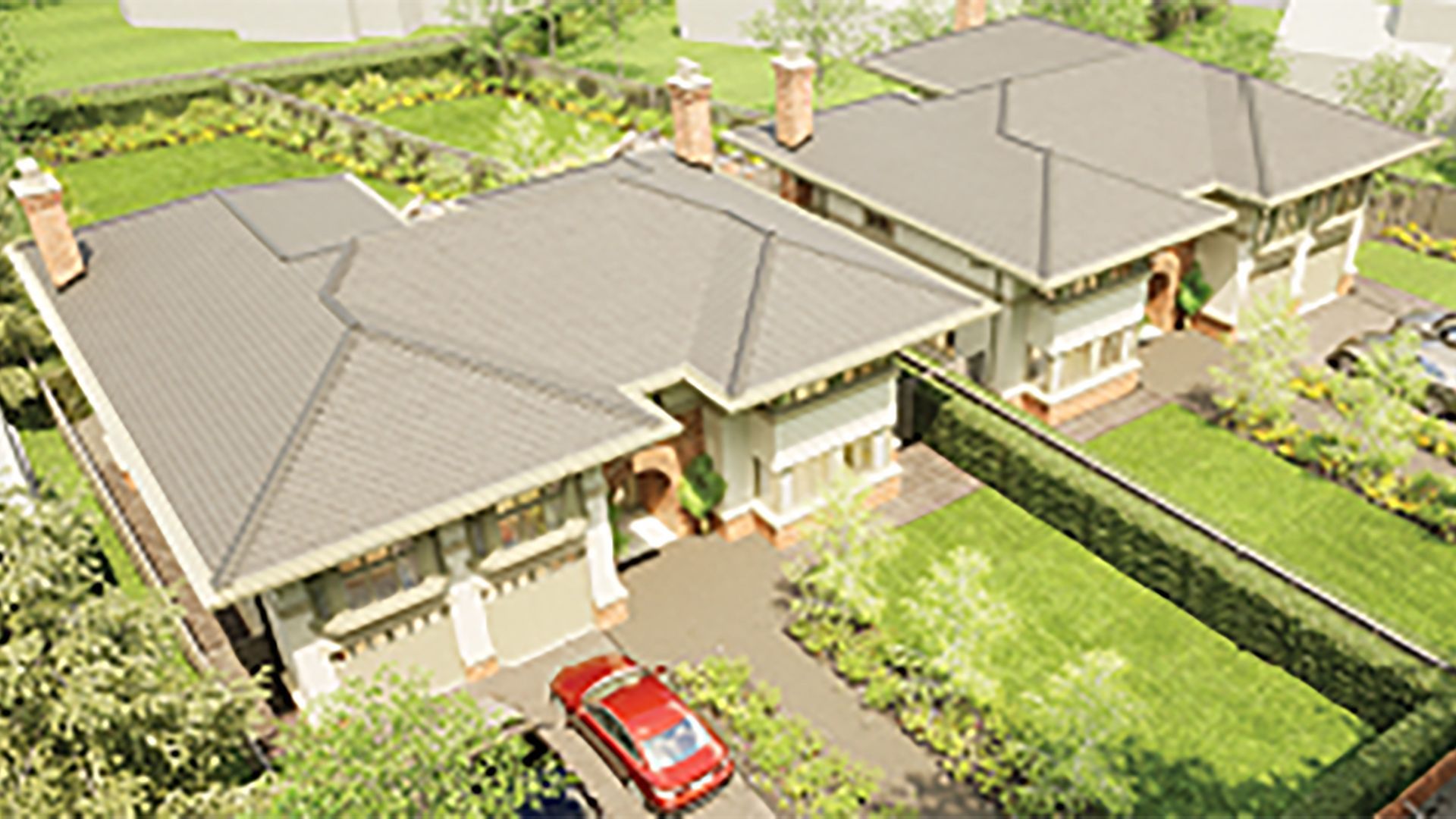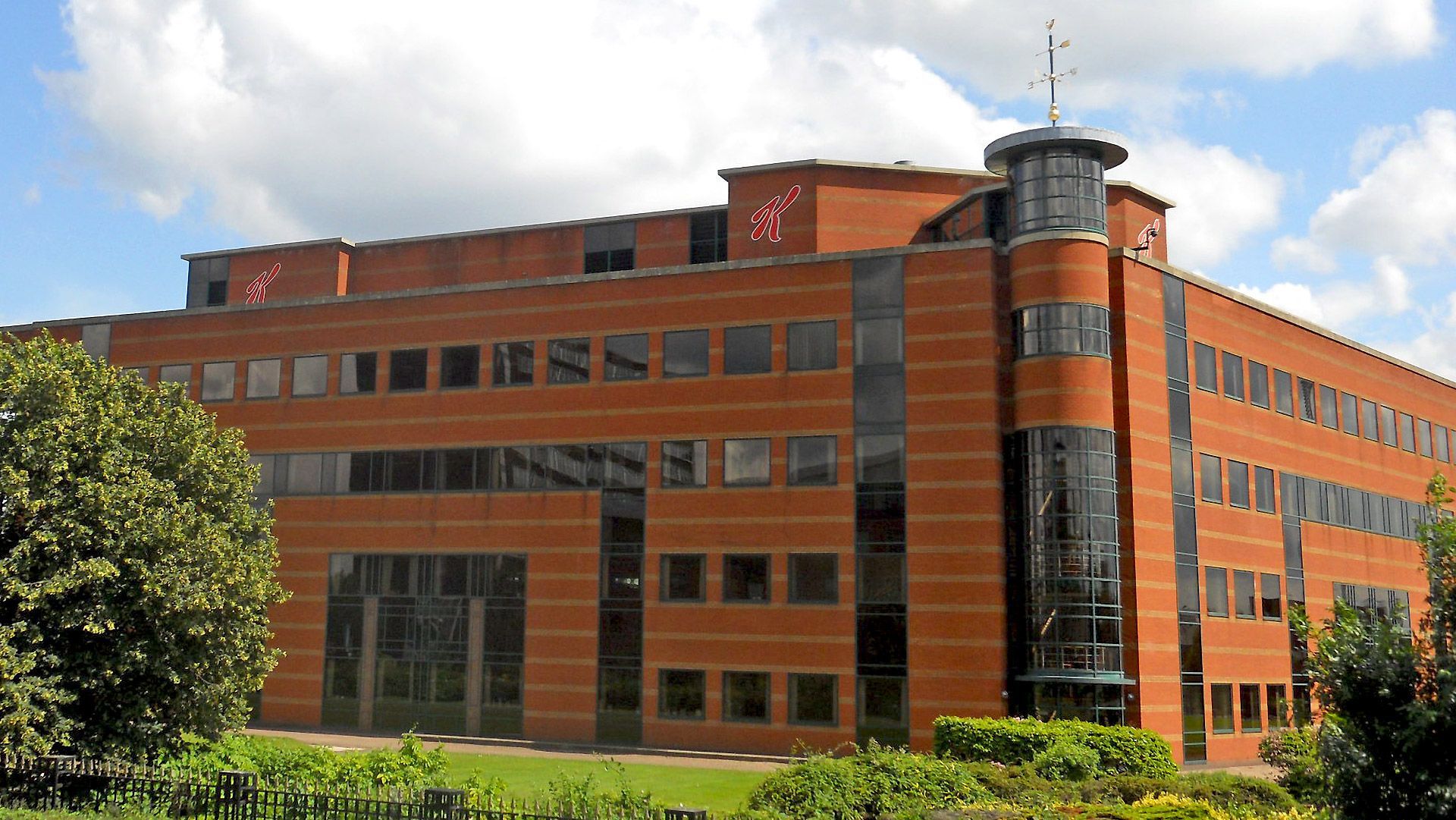Follow Us
Join our newsletter
Get the latest news delivered to your inbox.
Transforming property with smart trends and technologies
In this blog, we'll explore the future of smart homes, examining the trends and technologies that are reshaping the way we live and transforming the real estate industry.
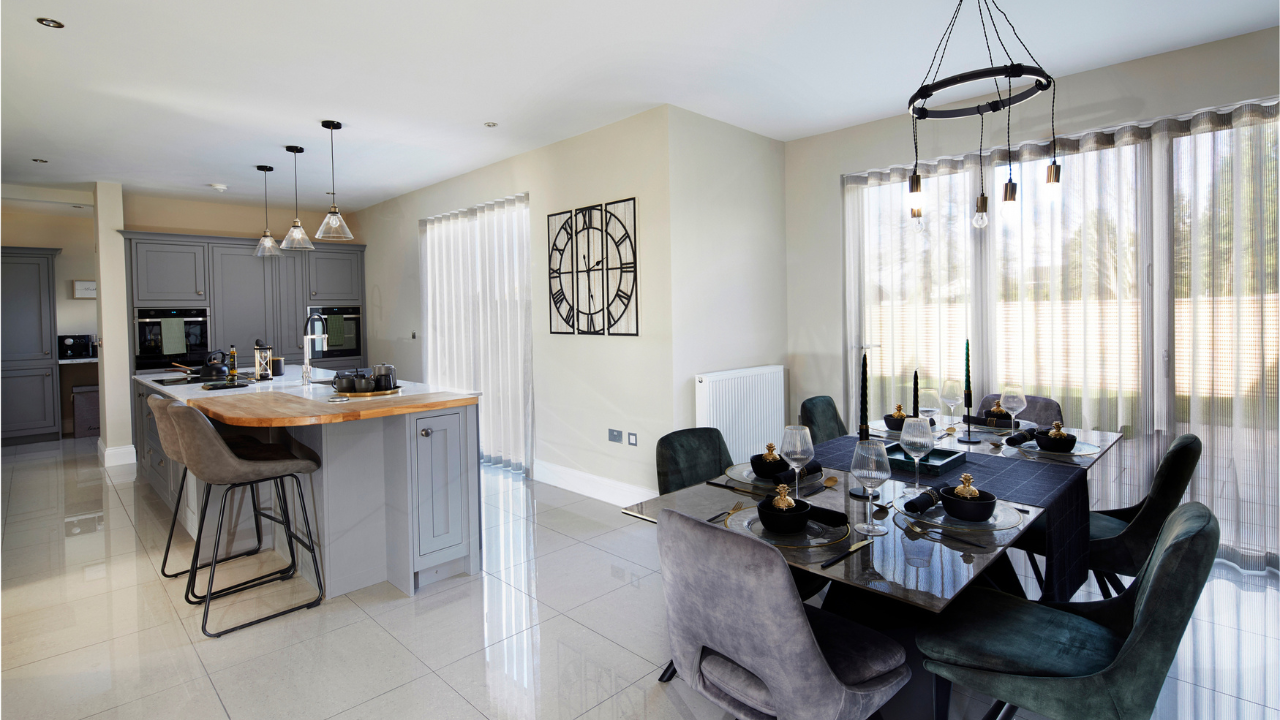
In an era defined by technological innovation, the concept of a "smart home" has evolved from a futuristic idea to a tangible reality. As technology continues to advance at a rapid pace, smart homes are becoming an integral part of the real estate landscape.
Here at Harvey Homes, the ‘Rise of Smart Homes’ has of course not gone unnoticed, and we are always looking at ways in which we can better equip our homes so they can take on the challenges of the future.
In this blog, we'll explore the future of smart homes, examining the trends and technologies that are reshaping the way we live and transforming the real estate industry.
Intelligent Connectivity
Smart homes are residences equipped with integrated technology and devices that can be remotely controlled, automated, and optimised for increased efficiency, security, and comfort. What was once considered a luxury is now becoming more commonplace as smart home technologies become more accessible and affordable.
At the heart of smart homes lies the ‘Internet of Things (IoT)’, a network of interconnected devices that communicate and share data. In a smart home, everyday objects, from thermostats and lights to refrigerators and security systems, can be part of this interconnected web. This connectivity allows for seamless communication and automation, creating a more efficient and responsive living environment.
Five Smart Home Trends Shaping Real Estate
1. Home Automation:
Home automation is a key trend in smart homes, offering residents the ability to control various aspects of their home, with a simple tap on their smartphone or a voice command. From lighting and climate control to security systems and entertainment, automation provides convenience and energy efficiency.
2. Voice-Activated Assistants:
Voice-activated assistants, such as Amazon's Alexa, Google Assistant, and Apple's Siri, have become central figures in smart homes. These AI-powered assistants enable users to control smart devices, ask questions, and receive real-time information through natural language commands.
3. Energy Efficiency and Sustainability:
Smart homes are increasingly designed with a focus on energy efficiency and sustainability. Smart thermostats, lighting systems, and appliances can be programmed to optimise energy usage, reducing utility bills and environmental impact. Homebuyers are showing a growing interest in eco-friendly features when considering properties.
4. Enhanced Security Systems:
Security is a top priority for homeowners and smart homes can offer advanced security features. Smart cameras, doorbell cameras, and sensors provide real-time monitoring and alerts, enhancing the overall safety of the property. These systems are appealing to homebuyers looking for comprehensive security solutions.
5. Health and Wellness Integration:
The integration of health and wellness technologies is a rising trend in smart homes. From smart mattresses that monitor sleep patterns to air quality sensors and fitness tracking devices, these technologies contribute to a healthier and more comfortable living environment.
Impact on Real Estate Values
Talking about ‘smart homes’ is all well and good, but what impact does smart technology actually have on the value of property?
1. Increased Property Value:
Homes equipped with smart technologies often see an increase in property value. Buyers are willing to pay a premium for the convenience, security, and energy savings that come with a smart home. Real estate agents are increasingly recognising the marketability of smart features when listing properties.
2. Market Differentiation:
As smart homes become more prevalent, properties equipped with the latest technologies stand out in the competitive real estate market. Smart features can be a key differentiator for sellers looking to attract tech-savvy buyers.
3. Future-Proofing Properties:
Investing in smart home technologies can be a way to future-proof a property. As these technologies continue to evolve, having a smart infrastructure in place positions a home to easily integrate new advancements, ensuring long-term relevance.
Challenges and Considerations
So far, we’ve talked about all the positive and beneficial aspects of smart homes, but what are some of the challenges that smart technology creates? And what are some of the factors home builders have to take into consideration before incorporating smart technology into their projects?
1. Privacy Concerns:
The increased connectivity in smart homes raises privacy concerns. The collection of data from various devices may pose risks if not properly secured. Addressing privacy issues and implementing robust security measures is crucial for the widespread adoption of smart home technologies.
2. Cost of Implementation:
While the prices of smart devices have become more affordable, the initial cost of implementing a comprehensive smart home system can still be a significant investment. However, as the market grows, increased competition is likely to drive prices down.
3. Compatibility and Integration:
As the number of smart devices on the market continues to expand, ensuring compatibility and seamless integration between different brands and platforms can be a challenge. Standardisation efforts within the industry aim to address this issue and enhance user experience.
Looking Ahead: The Future of Smart Homes in Real Estate
1. Advancements in AI and Machine Learning:
The future of smart homes will see advancements in artificial intelligence (AI) and machine learning. Homes will become more intuitive, learning from occupants' preferences and habits to anticipate and respond to their needs.
2. Integration with Smart Cities:
The integration of smart homes with broader smart city initiatives is on the horizon. From energy management to traffic optimization, smart homes will play a role in larger urban planning strategies for sustainability and efficiency.
3. Wearable Technology Integration:
The connection between smart homes and wearable technology is set to deepen. Wearables will serve as personal hubs for controlling and monitoring smart home devices, creating a more personalized and seamless user experience.
4. 6G Connectivity:
The advent of 6G connectivity will bring faster and more reliable communication between devices, further enhancing the capabilities of smart homes. This ultra-fast connectivity will support real-time interactions and enable more sophisticated applications.
The future of smart homes in real estate is a journey into a more connected, efficient, and personalised way of living. As technologies continue to advance, the integration of smart features in homes will become not just a luxury but an expected standard.
For homeowners, it represents an opportunity to enhance their quality of life, increase the value of their properties, and contribute to a more sustainable and intelligent future. As the smart home revolution unfolds, it will undoubtedly redefine the way we perceive, design, and experience the concept of home.
The team at Harvey Homes is excited about what the future holds and will always endeavour to stay at the forefront of these technological advancements.

